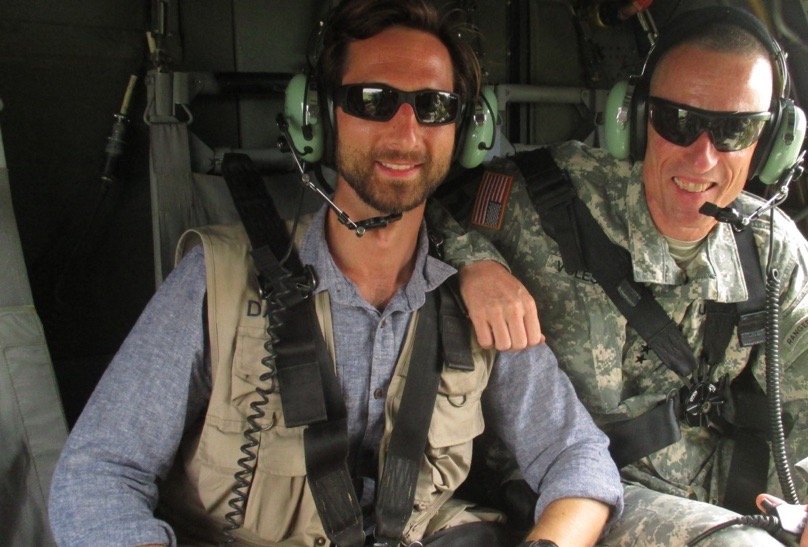- Our School
- Our Advantage
- Admission
- Elementary•Middle School
- High School
- Summer
- Giving
- Parent Resources
- For Educators
- Alumni
« Back
Why Does Executive Function Matter?
February 12th, 2025
Over the holidays, I thought a lot about how present executive function was for the many tasks I had to manage. A colleague and I chatted about the holiday stress and its connection to executive function in a webinar I recently did for Landmark Learns (check out the recording).
Executive Function In Every Day Life
This month, I was traveling overseas and again found myself faced with executive function tasks:
- I had to plan far in advance of my trip: buying airline tickets and booking hotels, rental cars, and activities that needed reservations (planning, organization)
- I also had to use future planning as the trip approached: making packing lists, arranging pet coverage, and balancing work with packing and preparation (organization, time management, self-monitoring)
- On the day of my flight, I had to manage stress: finishing the last-minute packing, cleaning the house, and getting to the airport on time (stress tolerance, time management)
- Throughout my 24-hour journey, I had to manage my emotions and self-regulate (self-regulation, metacognition)
And this was all before I even reached my destination!
I share this example to illustrate how important executive function is in our everyday lives.

What Is Executive Function?
Executive function (EF) is a fancy term for our brain’s ability to help us complete goals (Newhall, 2014). We use EF to envision a goal, lay out a path toward that goal, sustain our attention and effort throughout, manage our emotions along the way, resist distractions, use flexibility, and stay motivated to execute our plan successfully. We notice our executive functioning in particular when faced with tasks that are novel, particularly challenging, or particularly stressful (Doebel, 2020). It’s important to practice these skills with children as they will inevitably face novel, challenging, and stressful tasks in life.
Practicing EF With Children
Here are three simple ways to start practicing EF with your children:
Model and Encourage Self-talk
Talk through future planning. Ask questions about what choices your child could make when envisioning the future. Have them narrate as they play. Share stories about your day.
Prompt for Self-reflection
Ask your child to reflect on their experiences, both what they perceive as “wins” and as “losses.” Flex that muscle to think about how they could do it differently next time.
Make Time Visible
Post and reference calendars and clocks in the house. Make them interactive!
For more ideas, check out these suggestions from Harvard’s Center on the Developing Child (2015).
EFs develop into our 20s and benefit from practice. The more we engage children in this practice, the better prepared they will be to apply these skills in real-life contexts, like completing projects for school—or planning a trip overseas!
References
- Doebel, S. (2020, July). How your brain’s executive function works — and how to improve it [Video]. TED Conferences.https://www.ted.com/talks/sabine_doebel_how_your_brain_s_executive_function_works_and_how_to_improve_it
- Harvard’s Center on the Developing Child (2015). Enhancing and practicing executive function skills with children from infancy to adolescence. https://harvardcenter.wpenginepowered.com/wp-content/
- Newhall, P. W. (2014). Executive Function: Foundations for Learning and Teaching. In P.W. Newhall (Ed.), Language-Based Teaching Series. Prides Crossing, MA: Landmark School Outreach Program.
About the Author
Margot Marcou has been at Landmark School since 2010. She currently works as a part-time consultant for Landmark Outreach. Previously, she served as Assistant Director, Lead Teacher, and classroom teacher in the Prep Program at Landmark's High School. From 2016-2023, Margot was also the Director of the Skills+ Summer Program, which focused on teaching study skills to middle and high school students. In 2023, Margot founded Margot Marcou Coaching LLC, working with college students to provide executive function coaching.
Posted in the category Learning.








.jpg?v=1652115432307)













